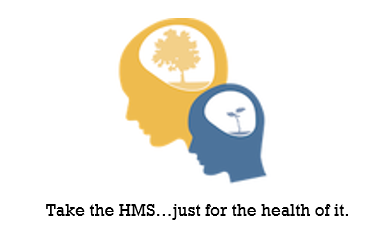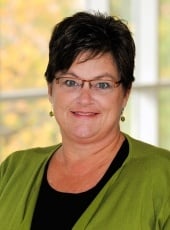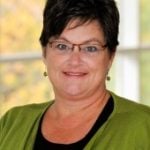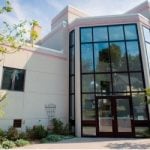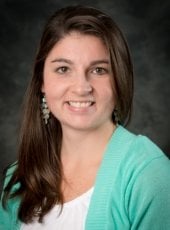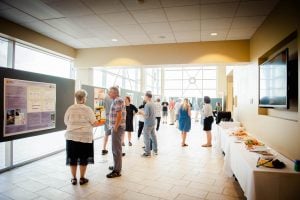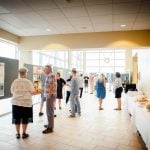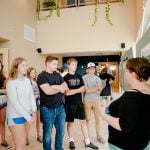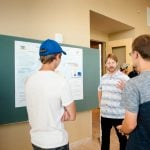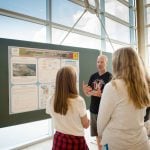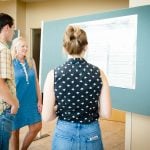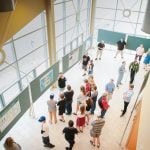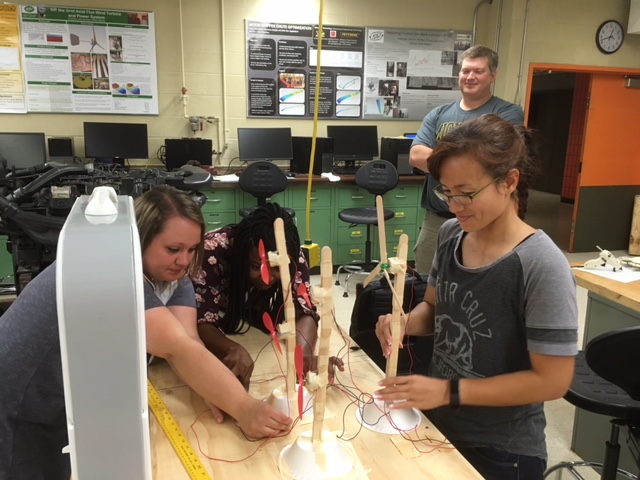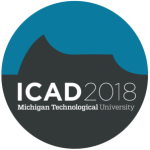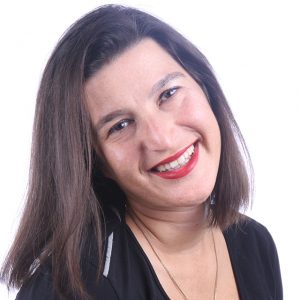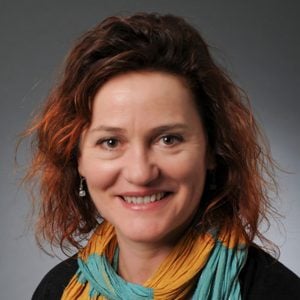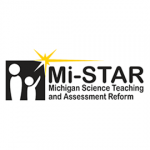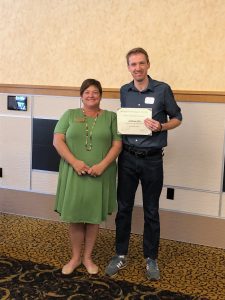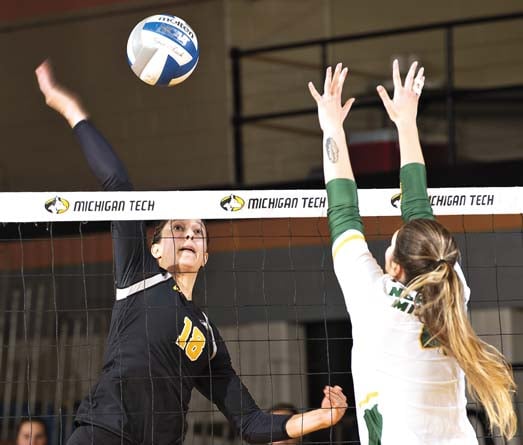
The Department of Cognitive and Learning Sciences would like to congratulate Psychology student athlete Mariah Sherman on a successful career with Michigan Tech’s Division II Women’s Volleyball Team. Sherman wrapped up her final regular season home game as a Husky with a 22 kill win over rivals Northern Michigan University. As the lone senior on the Team, Sherman was honored before the game for her accomplishments over her last 4 years as a Husky including: 1000 career kills, GLIAC Academic All-Excellence Team, and GLIAC North Player of the week. The department wishes Mariah and the rest of the volleyball team the best of luck on their playoff season.
Read the Daily Mining Gazette article here.
Read about her GLIAC honors here.

